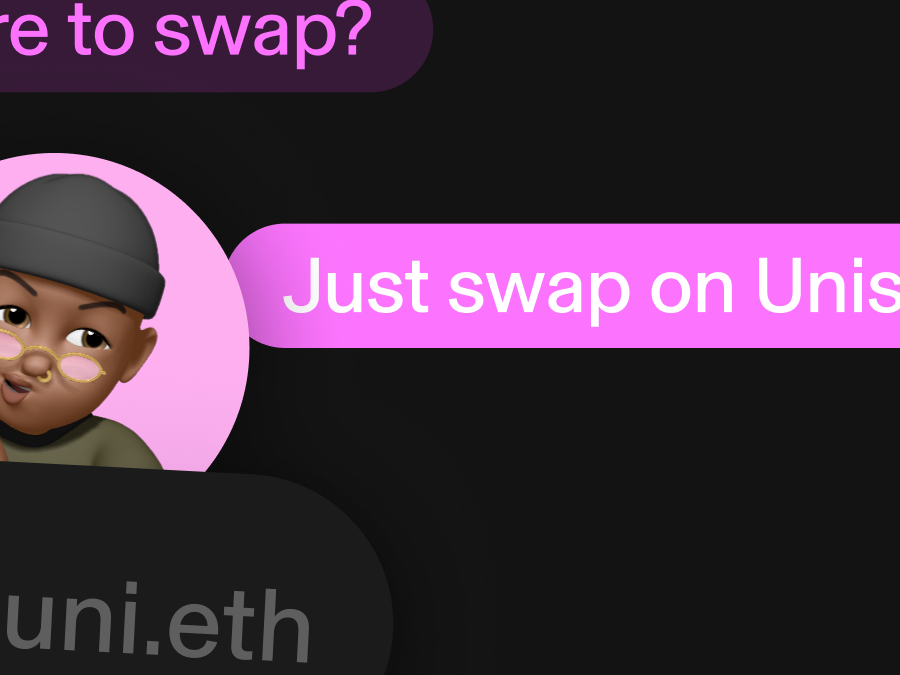By Austin Adams, Benjamin Chan, Sarit Markovich, and Xin Wan 1
Read the full paper here
Uniswap transactions are safe from hacks, but, like other onchain swaps, they’re exposed to people seeking to profit off unconfirmed transactions. New tools like private RPC providers protect against maximal extractable value (MEV) but users must trust that RPC operators, block builders, and relayers do not misuse this exclusive data.
Our research lays out a new approach that only uses onchain data, called reordering slippage, to verify that swappers are getting a fair price for their private transaction. Using this new metric, our initial findings show that private mempools are working for users and not against them — and that reordering slippage is a robust tool to hold private actors accountable.
Public and private mempools
The Ethereum public mempool is crowded with "searchers" looking to profit off pending transactions through arbitrage, frontrunning, or sandwich attacks. To bypass searchers and get better prices, private RPC providers send transactions directly to block builders. Though private transactions are not broadcasted to a public mempool, they are revealed to the private RPC providers, relayers, and builders in the private transaction supply chain. In exchange for swap protection and better prices, swappers have to trust them not to act on this exclusive information, like frontrunning a private transaction.
Trust but verify, onchain
Currently, the only way to audit the trustworthiness of block builders, relayers, and RPC providers is by comparing onchain data against private data, which is not readily accessible to most. Our research proposes a new metric to audit this work with only onchain data, which is key for transparency.
Reordering slippage measures the difference between the actual slippage of a swap and the average slippage of the same swap with the entire block randomly ordered. If reordering slippage is measured at zero, we can verify with onchain data that private mempools are working as they should. If it is measured to be negative, we have reason to believe that the swap was ordered in a way that disadvantages the swapper.
Our findings
To test this metric, we use onchain data to calculate reordering slippage for the USDC-ETHand PEPE-ETH. When we compare the reordering slippage data against historic data from private mempools, both methods indicate that the top five builders have not antagonistically ordered private transactions. This validates our hypothesis that reordering slippage can shine a light on private mempool behavior and hold private RPCs, relayers, and builders accountable to users.
Footnotes
-
Our work is made possible by the generous support of BlockNative and BloXroute. The historical mempool data they provided helped us with our research. We thank them for their contributions. ↩


